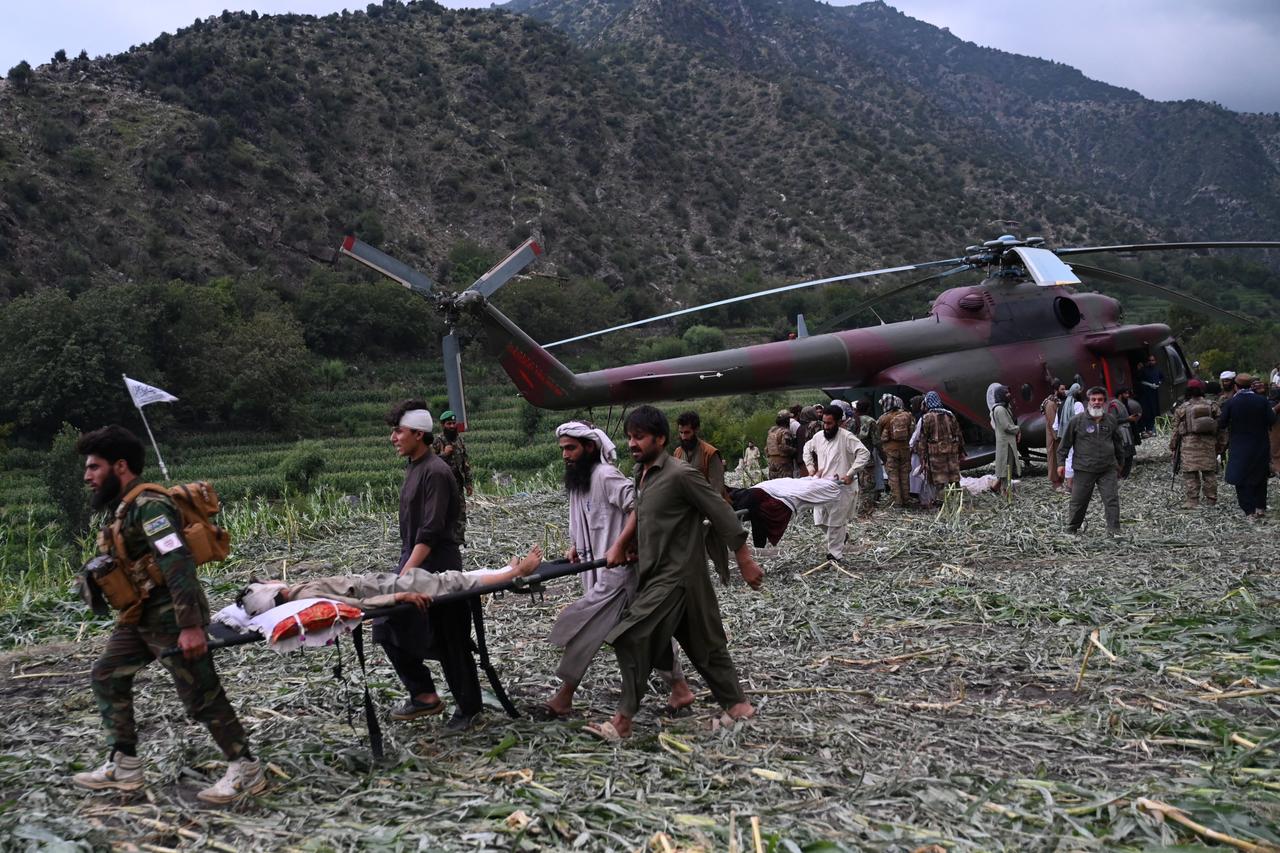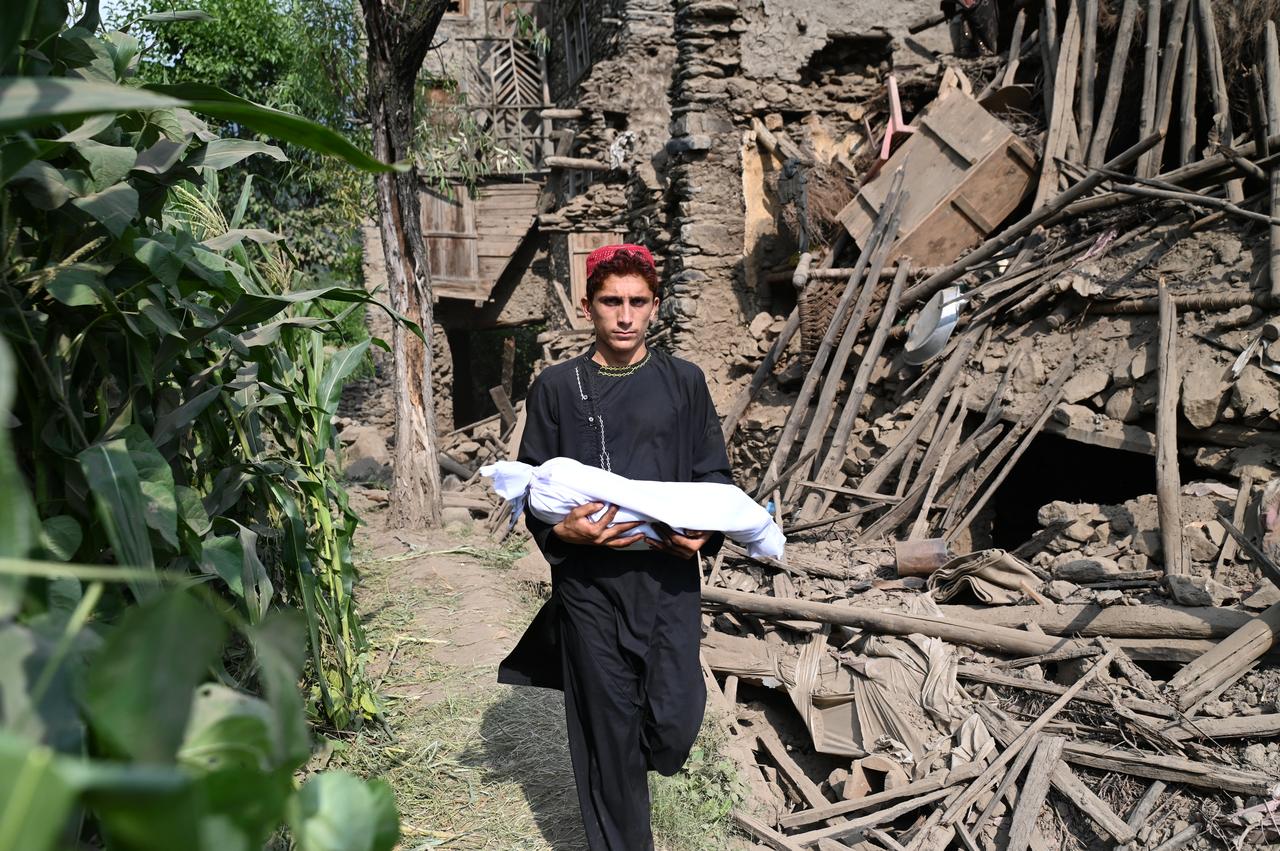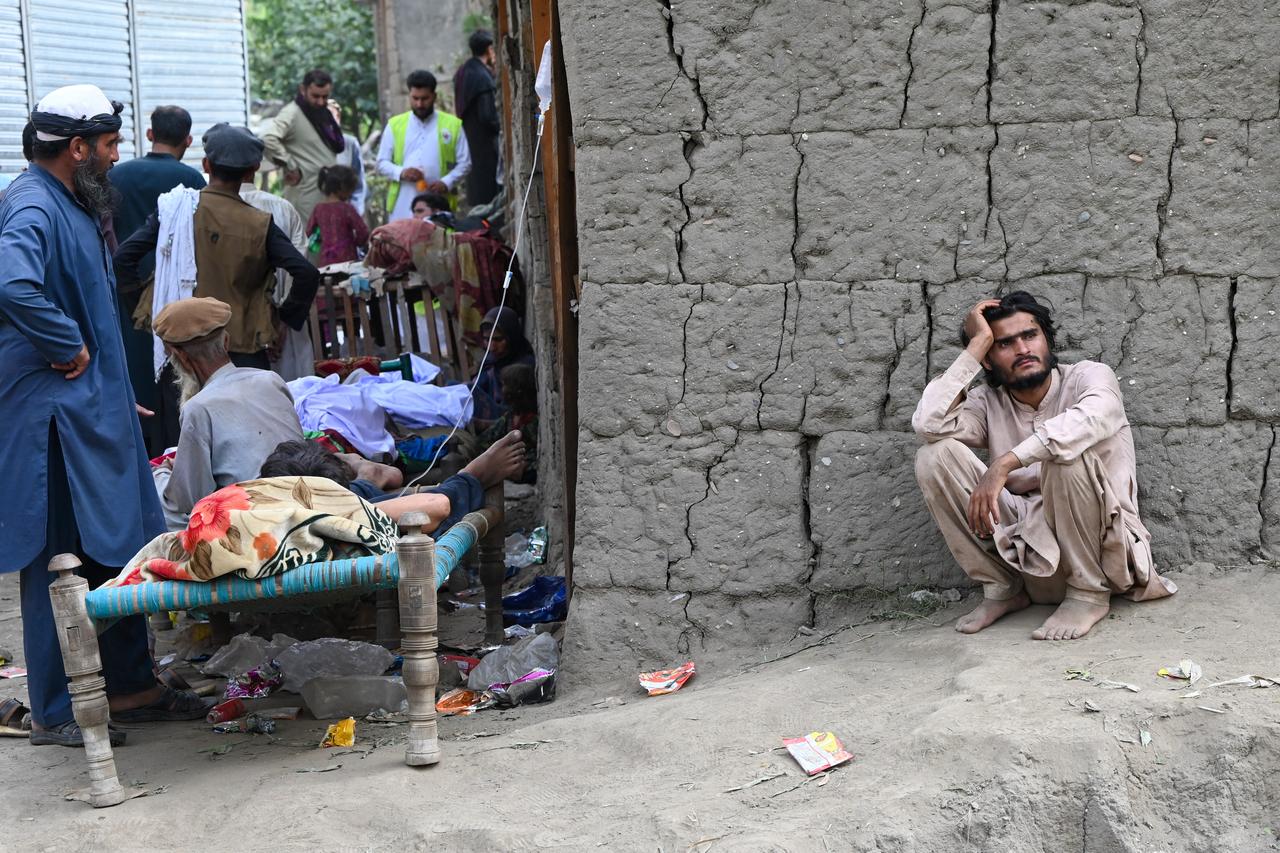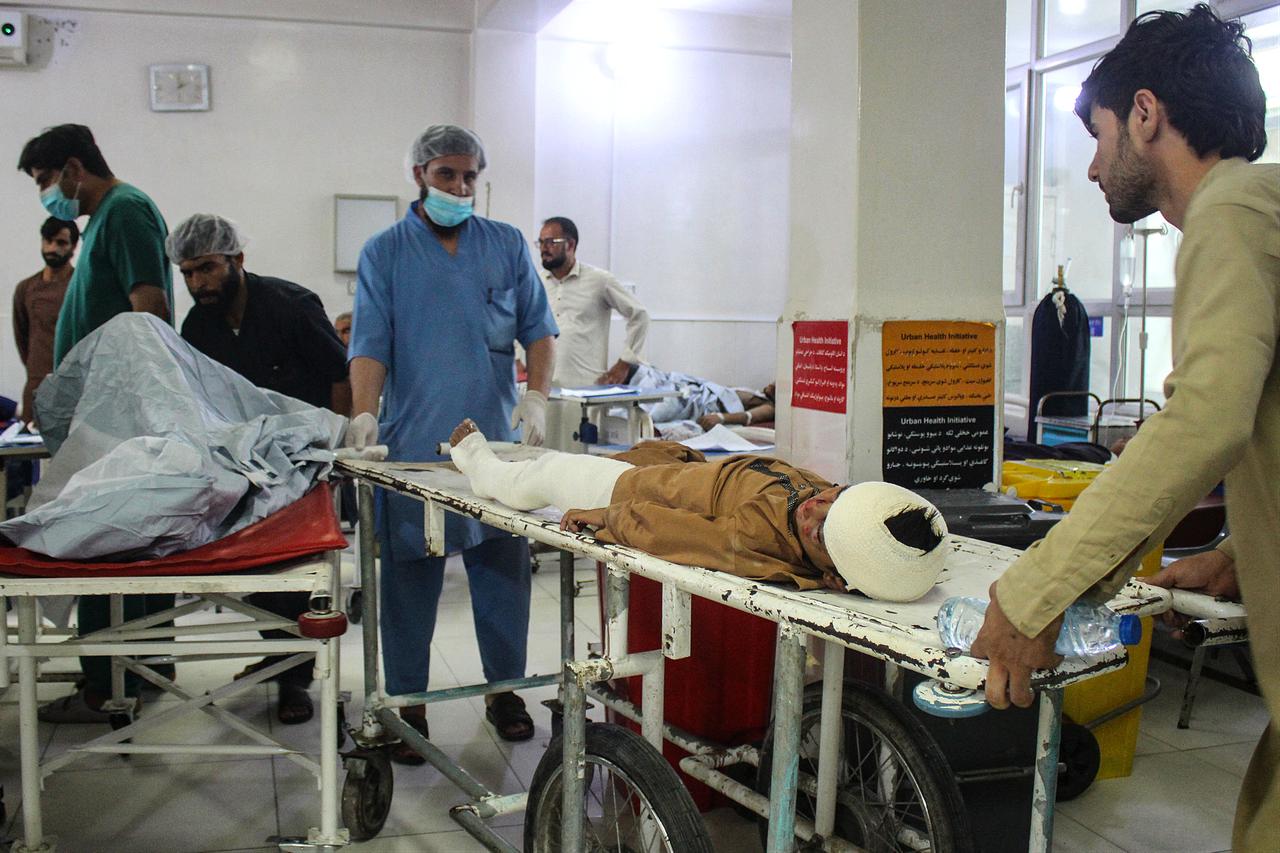
A powerful earthquake struck eastern Afghanistan on Aug. 31, leaving over 800 people dead and around 1,800 injured. The worst-hit area was the mountainous province of Kunar, where entire villages were reported to have collapsed. Many survivors remain trapped beneath the debris, and officials fear the death toll will continue to rise.
With key roads blocked by rubble, ground access to affected settlements has been cut off. Rescue operations are now relying heavily on helicopters to reach remote villages and airlift survivors.

As the scale of destruction became clear, the Taliban government appealed for urgent international assistance.
Britain announced a relief fund of £1 million (over $1.35 million) but emphasized that the money would not be handed directly to the Taliban.
India has already sent humanitarian supplies, including tents and food packages, while China pledged to provide support as well.

Amy Martin, head of the United Nations Office for the Coordination of Humanitarian Affairs (OCHA) in Afghanistan, said that immediate needs include shelter, blankets, and temporary housing.
She noted that “hot meals and high-energy biscuits are being prepared” to reach as many people as possible in devastated areas.

Martin also warned that recent funding cuts to humanitarian programs have worsened the crisis. More than 80 health clinics in the region have already closed, leaving over half a million people with limited access to medical services.
The earthquake has intensified the pressure on already fragile systems, increasing the risk of further loss of life.